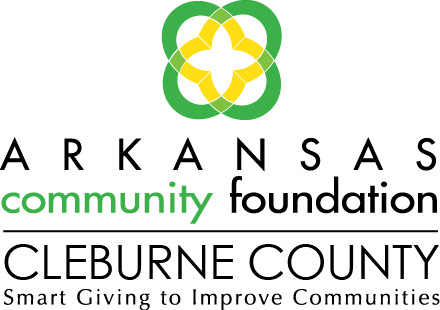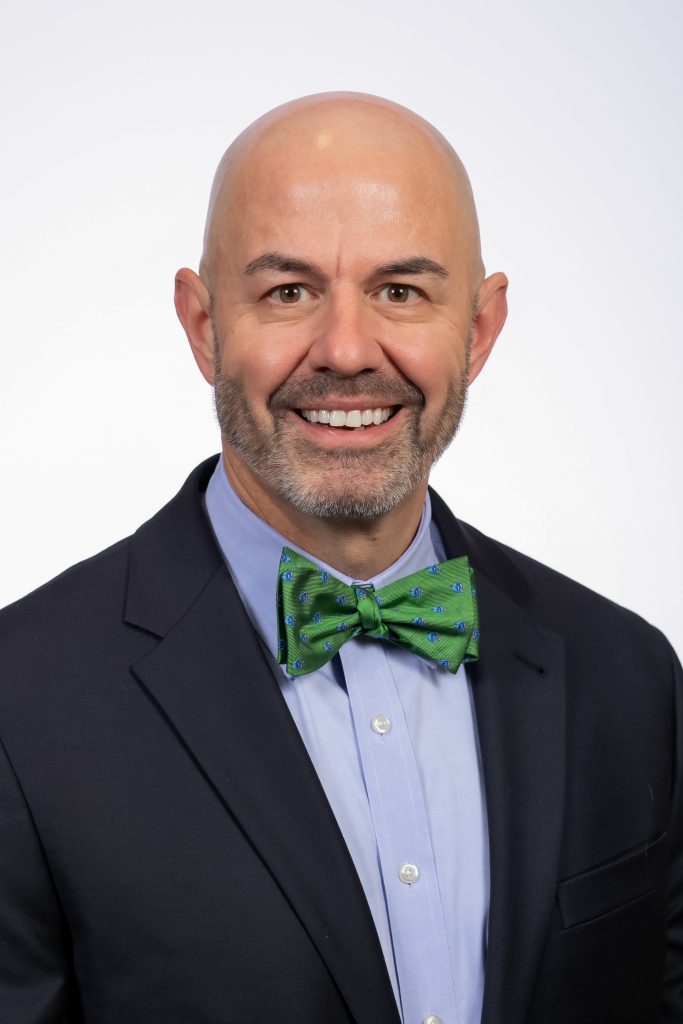Little Rock, Ark. (Aug. 20, 2020) – A new study from the University
of Arkansas Clinton School of Public Service, Arkansas Community Foundation,
and UA Little Rock School of Public Affairs shows that Arkansas nonprofits have
experienced significant financial distress and service disruptions due to the
impacts of COVID-19. You
can read the full report here.
Key findings from the Arkansas Nonprofit COVID-19 Impact
Study include:
• Nonprofits have lost significant revenue due to the
impacts of COVID-19, with 64% of surveyed nonprofits reporting a loss of
fee-for-service revenue and 64% reporting a decline in individual donations.
• COVID-19 has also impacted nonprofit employment of paid
staff in form of reduced hours, furloughs and layoffs. More than 30% of
nonprofits surveyed have reduced employee hours, while 15% reported layoffs.
• Nearly 70% of nonprofits surveyed are operating at a
reduced capacity, including complete program cancellations, and many have had
difficulty obtaining needed supplies.
Shortages of volunteers, a lack of protective personal
equipment (PPE), and adjusting to the shifting needs of clients in response to
COVID-19 were among the other challenges that emerged from the study’s
findings.
Many organizations also reported making efforts to adapt to
the challenges of COVID-19 by finding new and unique ways to deliver their
services, including implementing online programs, increasing operating hours to
decrease crowds, offering drive-thru services, and increasing partnerships with
other organizations.
The study was designed collectively by Dr. Nichola Driver,
Assistant Professor and Faculty Director for the Office of Community Engagement
at the Clinton School; Dr. Kirk Leach, Assistant Professor in the UA Little
Rock School of Public Affairs; and Sarah Kinser, Chief Program Officer at
Arkansas Community Foundation. Second-year Clinton School students Jaylin
Sprout and Brittany Moody provided research assistance.
“Funding is the most critical challenge right now, since
many nonprofits have had to cancel in-person fundraising events,” Dr. Driver
said. “We also broke down the findings by program areas and budget sizes. The
program areas that seem the most negatively impacted are arts, culture, humanities,
health and education.”
The
survey was administered between June 22 and July 10, 2020. A total of 316
nonprofit leaders representing small and large nonprofits responded to the
survey. Respondents represented nonprofit organizations serving all 75 Arkansas
counties and across all nonprofit program areas and budget sizes. Most
respondents were from organizations with annual budgets under $500,000 and most
operated with paid employees.
Survey respondents were also asked open-ended questions
about the most urgent challenges they will face over the next three to six
months. Among the responses were funding, lack of volunteer support, the need
to move programs into online formats, adjustment to shifting toward client
needs, lack of personal protective equipment (PPE), planning through
uncertainty, and general health and wellbeing concerns for staff and clients.
“We have seen similar reports surfacing across the country
and we felt it was important to have data reflecting what was happening in our
state,” Dr. Driver said. “We wanted to get the word out to donors, funders, and
policymakers to aid the discussion of next steps.”
A link allowing nonprofits to submit their answers was
distributed through email lists owned by the Arkansas Community Foundation and
the Clinton School of Public Service.
###
About Arkansas Community Foundation
Arkansas
Community Foundation is a nonprofit organization that fosters smart giving to
improve communities. The Community Foundation offers tools to help Arkansans
protect, grow and direct their charitable dollars as they learn more about
community needs. By making grants and sharing knowledge, the Community
Foundation supports charitable programs that work for Arkansas and partners to
create new initiatives that address the gaps. Since 1976, the Community
Foundation has provided more than $310 million in grants and partnered with
thousands of Arkansans to help them improve our neighborhoods, our towns and
our entire state. Contributions to the Community Foundation, its funds and any
of its 29 affiliates are fully tax deductible.
About the University of Arkansas Clinton
School of Public Service
The
University of Arkansas Clinton School of Public Service gives students the
knowledge and experience to further their careers in the areas of nonprofit,
governmental, volunteer, or private sector service. The Clinton School is the
nation’s first to offer a Master of Public Service degree, both in a classic
campus setting and online. While learning valuable lessons in the classroom,
Clinton School students also complete “hands-on” public service projects,
ranging from local work in Arkansas communities to international projects on
all of the world’s six inhabited continents.
About the UA Little Rock School of Public
Affairs
The UA
Little Rock School of Public Affairs brings together academic, applied
research, and training units that share a focus on government, politics,
nonprofit organizations, and public service. Whether you are looking for an
undergraduate program that sets you on a path to make a difference in the
world, a graduate program that can open up opportunities for you in government
agencies or the nonprofit world, a graduate certificate or training program to
improve your skills and bolster your resume, or assistance with applied
research on public policy issues, the School of Public Affairs offers many
opportunities to help individuals, agencies, and organizations to improve.















